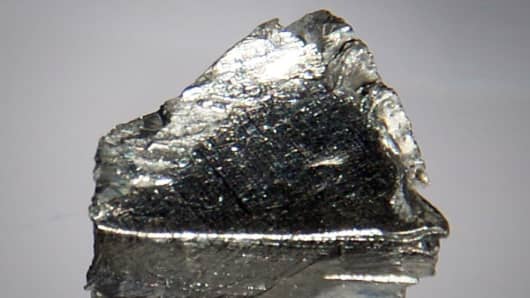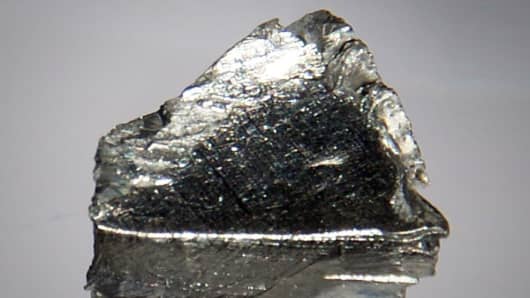ExxonMobil last year reported record earnings and gave outgoing CEO Lee Raymond a retirement package worth about $350 million. He apparently earned it -- ExxonMobil didn’t overstate its reserves by about 20% like Royal Dutch Shell. Any twaddle about “price gouging” is silly because oil prices are driven by worldwide demand, political instability, major hurricanes pounding the Gulf Coast and the nation’s fondness for SUVs. Strong prices have boosted stocks throughout the sector, creating a torrent of bonus money even though a company’s fortunes aren’t unique in the industry.
There’s also an element of star power in determining the pay of top CEOs. Compensation may be driven up by the current trend to hire a rock star from outside the company rather than promoting a qualified internal candidate. Some call this the “super CEO” syndrome.
The Sarbanes-Oxley law makes CEOs personally liable for their company’s financial statements, and a country club membership won’t cover this added responsibility. Prospective CEOs make a basic calculation: How much will it take to get me to sign on this added grief? The answer appears to be: Quite a lot.
In 1993, President Bill Clinton signed a law limiting tax deductibility to $1 million in compensation for a company’s top five executives. This was an attempt to limit what then was seen as outrageous pay. Before this, the Minneapolis Fed says, all CEO pay was tax deductible, like the pay of any employee. But with a cap on cash compensation, companies quickly turned to non-cash incentives such as stock options to entice top talent.
It didn’t take long before some bright boy or girl figured out that backdating the options would fatten the take.
Some analysts have argued that the CEO’s relationship with the board of directors inevitably leads to fatter paychecks.
“The thrust of the argument is that CEOs hold managerial power – simply put, leverage – over the boards that set their compensation,” the Minneapolis Fed report says. “The leverage starts at the board nomination process – typically controlled by the CEO – and is reinforced by the information advantage the CEO has over the board in terms of the company’s performance and his…role in it. It persists because board members are generally reluctant to rock the boat and are somewhat toothless to do much given their limited time commitments as directors.”
Expect that to change when politicians stop voting themselves pay raises.
“The critics of current CEO compensation levels point mostly to theory and to seemingly obvious design flaws, and the weight of anecdote can be compelling,” Wirtz says. “But they typically fail to demonstrate the ‘so what’ factor: namely, that high CEO pay has had a systematically detrimental effect on shareholder value.”
Come to think of it, the DJIA has been hitting record highs for months. But perception may become reality and those who say fat CEO pay undercuts the public trust needed to make a free-market economy thrive may be right.
However, nothing much will happen until the major funds assert themselves and enforce discipline among the top ranks.
If not, there are those in Congress eager to play smash-mouth – even if there is no constitutional authority to regulate a CEO’s pay.



